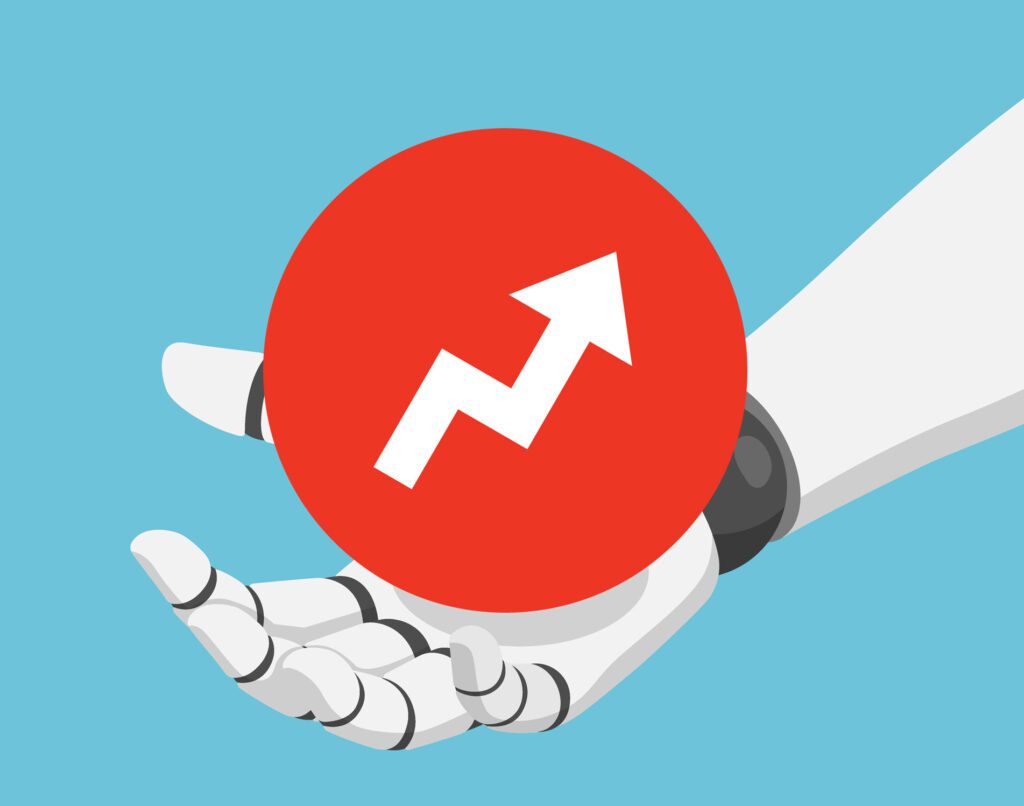BuzzFeed is sticking to its conviction that journalism is old news and influencer-led video and generative AI are the future.
During its Q1 earnings call on Tuesday, CEO Jonah Peretti touted BuzzFeed’s work with video content creators and AI-generated quizzes while downplaying the decision to shutter its Pulitzer Prize-winning news division last month.
But the company faces an uphill struggle in its attempts to get back to some semblance of positive revenue growth.
Overall revenues were $67.2 million for the quarter, down 27% YOY. Ad revenue fell 30% to $34.2 million and content revenue dropped 33% to $21.6 million. The one bright spot was commerce revenue, which grew 6% to $11.3 million on the strength of BuzzFeed’s affiliate marketing business.
Despite these revenue shortfalls, BuzzFeed’s rosy outlook on AI and influencer video contributed to a 3.6% bump in its stock price during after-hours trading.
No BuzzFeed News is good news?
Ending BuzzFeed News was part of the company’s larger effort to reorient its flagship brand around entertainment content and focus on growing HuffPost’s audience, Peretti told investors.
He also suggested the news division’s true cause of death was its dependence on social media platforms like Facebook to generate traffic. As Facebook’s content recommendation capabilities have suffered in the wake of Apple’s deprecation of targeting signals, it has become a less reliable source of traffic to publisher sites.
Since HuffPost attracts users directly to its homepage without relying as much on social media clicks, the site is better positioned for long-term revenue growth than “platform-dependent” BuzzFeed News, Peretti said.
The AI engagement boost
While BuzzFeed is downplaying news, it’s leaning into generative AI.
It introduced AI-generated personality quizzes and choose-your-own-adventure-style chatbot-based games earlier this year, and it plans to roll out more.
“Generative AI will begin to replace the majority of static content,” Peretti said. “Audiences will begin to expect all content to be personalized, interactive and dynamic with embedded intelligence.”
BuzzFeed often claims that one of its greatest strengths is the amount of time that millennial and Gen Z audiences spend with its content – but its share of attention isn’t growing. Overall time spent dropped 3% in Q1.
However, BuzzFeed is seeing signs that its investment in AI-generated quizzes is keeping audiences engaged. Time spent on AI-powered quizzes was 40% higher over the past two months compared to quizzes written the old-fashioned way.
Creator video and branded content
BuzzFeed also sees AI-generated content and creator-led video as its best bets for growing its flagging sponsored content revenue.
“By leaning further into creators and AI, we are on our way to building a content creation model that makes our creative teams more efficient and substantially expands our output without increasing fixed costs,” said BuzzFeed President Marcela Martin.
On the creator front, its short-form videos attracted more than 1 billion views on both Instagram Reels and YouTube Shorts in Q1, Martin said.
Creator-led content generates twice as many views per video compared to more traditional video content, which has encouraged BuzzFeed to grow its stable of influencer partners.
Complex, for example, which BuzzFeed acquired in 2021, announced its inaugural class of official content partners earlier this year. And Tasty, which is BuzzFeed’s flagship brand for creator-led video, launched new recurring recipe series on TikTok, such as “Potatoes 100 Ways,” to generate more sponsorship opportunities.
“These initiatives continue to attract advertiser demand from household brands like Campbell’s and McCormick,” Martin said.
To measure the impact that creators have on its business, BuzzFeed is introducing a KPI to track how effectively it retains branded content revenue from advertisers. The KPI will be represented on future earnings reports as a percentage of revenue collected from advertisers that spent at least $250,000 on content during the prior 12-month period.
BuzzFeed is also particularly bullish about the opportunity to generate more sponsored content using AI.
“Audiences love the interactivity, personalization and shareability of [AI] content,” Martin said. “As we continue to build audience engagement around these new formats, we expect to translate this momentum into innovative products and partnership opportunities for our clients.”














